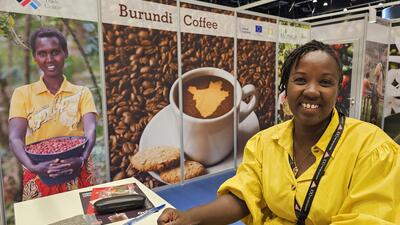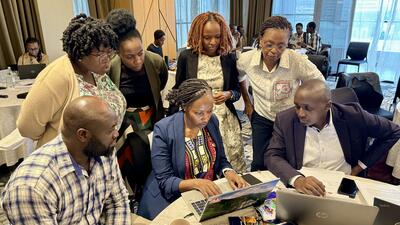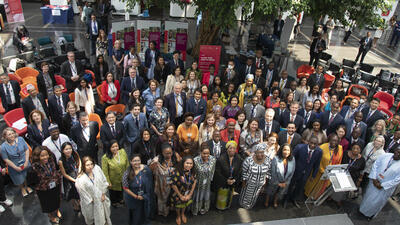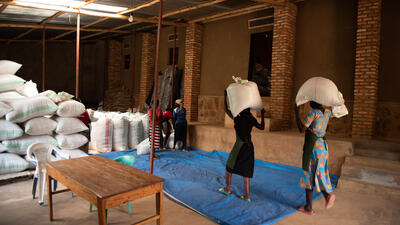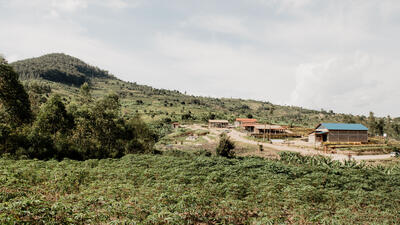
Most Rwandan exporters face trade barriers, from agricultural to manufacturing sectors
Three-quarters of Rwandan businesses say they face barriers to trade imposed by private clients and the government, according to a new report by the International Trade Centre (ITC).
The publication, called ‘Rwanda: Company Perspectives – An ITC Series on Non-Tariff Measures’, reveals that nearly 80% of exporters in the processed food and agro-based products sector – which accounts for a large portion of Rwandan exports – face trade barriers. By comparison, 60% of exporters of metal and other basic manufacturing products are affected by non-tariff measures.
Exporters face standards set by private clients that make it difficult and oftentimes expensive to sell their goods, such as conformity assessment and technical requirements in the form of certificates, inspections resulting in licensing and permit requirements, excessive fees and charges, and packaging and storage requirements.
For example, Fair Trade certificates are demanded by clients in the European Union, especially for Rwanda’s coffee and tea products. The costs and delays associated with these certificates cause serious hindrances for exporters.
The report recommends that stakeholders hold a ‘results-oriented dialogue’ to develop a sustainable policy to address these concerns and pinpoint areas in which a lack of awareness plays a role in sustaining these trade barriers. Government authorities in Rwanda can play a role in reducing non-tariff measures for exporters by holding negotiations with regional trading partners and neighbouring countries.
For details about these findings, including information about how non-tariff measures affect Rwandan importers, read the full study.




